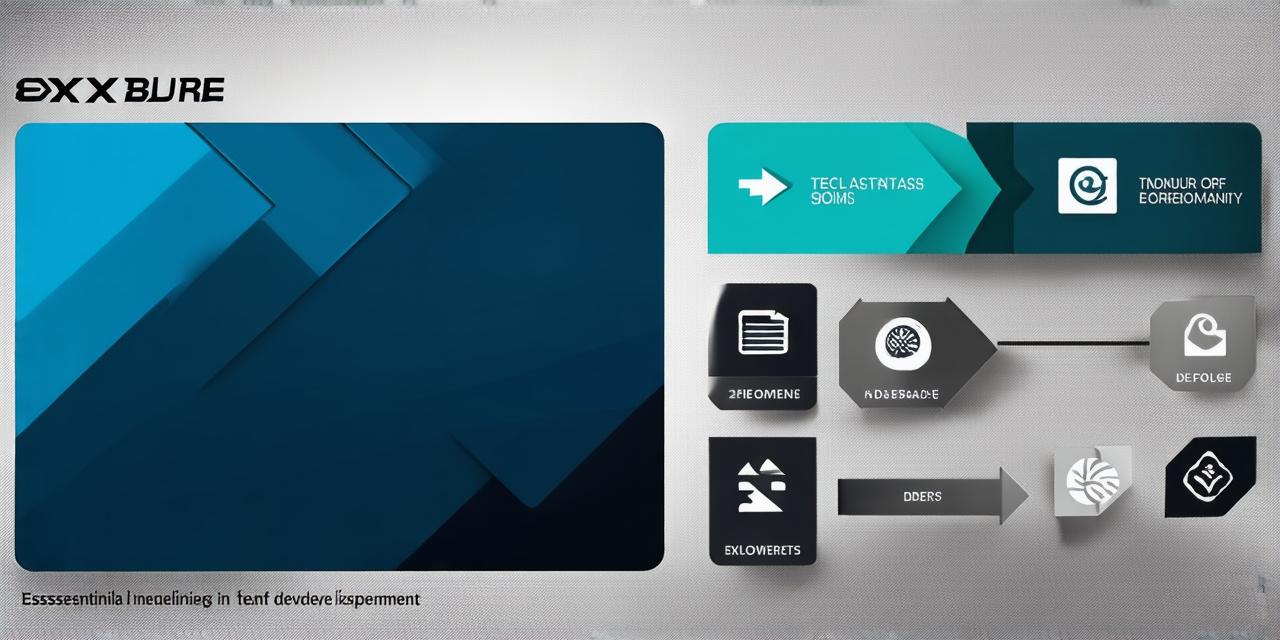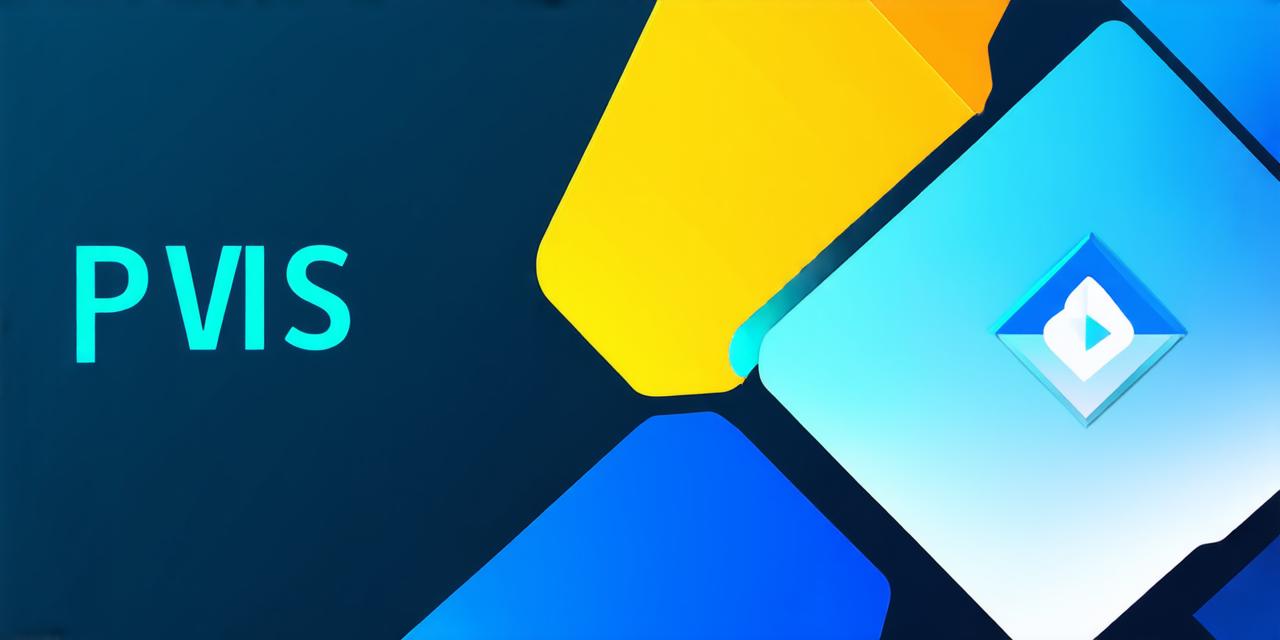
Purdue University Web Development Program Overview
In the dynamic world of technology, web development stands as a beacon, shaping the digital landscape. One institution that consistently outshines is Purdue University, with its robust and innovative web development program. Let’s delve into this transformative journey.
Why Choose Purdue?
Purdue University isn’t just a name; it’s a symbol of excellence in the tech industry. The web development program here is no exception, offering students a blend of theoretical knowledge and practical experience. As one alum put it, “Purdue equipped me with the skills to navigate the ever-evolving world of web development.”
The Curriculum: A Balanced Approach
The curriculum is meticulously designed, striking a balance between front-end and back-end development. Students learn HTML5, CSS3, JavaScript, and various programming languages like Python and PHP. The program also emphasizes user experience (UX) design, ensuring graduates can create websites that are not only functional but also aesthetically pleasing.
Real-Life Projects: Learning by Doing
Purdue believes in the power of hands-on learning. Students work on real-world projects, collaborating with peers and industry professionals. This approach not only enhances technical skills but also fosters teamwork and problem-solving abilities.
Alumni Success Stories: Proof in the Pudding
Purdue’s web development graduates have made their mark in the tech world. They’ve worked for renowned companies like Google, Microsoft, and Amazon, contributing to groundbreaking projects. Their success stories serve as a testament to the quality of education at Purdue.

Comparing Programs: Why Purdue Stands Out
When compared to other universities, Purdue’s web development program stands out due to its comprehensive curriculum, hands-on learning approach, and strong industry connections. It’s not just about graduating; it’s about launching a successful career in the tech industry.
FAQs
1. What skills will I learn in Purdue’s web development program?
HTML5, CSS3, JavaScript, Python, PHP, UX design, and more.
2. Do I get to work on real-world projects at Purdue?
Yes, students often collaborate on real-world projects as part of their learning experience.
3. What kind of job opportunities are available after graduation?
Graduates have found success in companies like Google, Microsoft, and Amazon, among others.
In conclusion, Purdue University’s web development program offers a comprehensive, hands-on education that equips students with the skills they need to thrive in the tech industry. Whether you’re a budding developer or a seasoned professional looking to upgrade your skills, Purdue could be the stepping stone to your dream career.

















